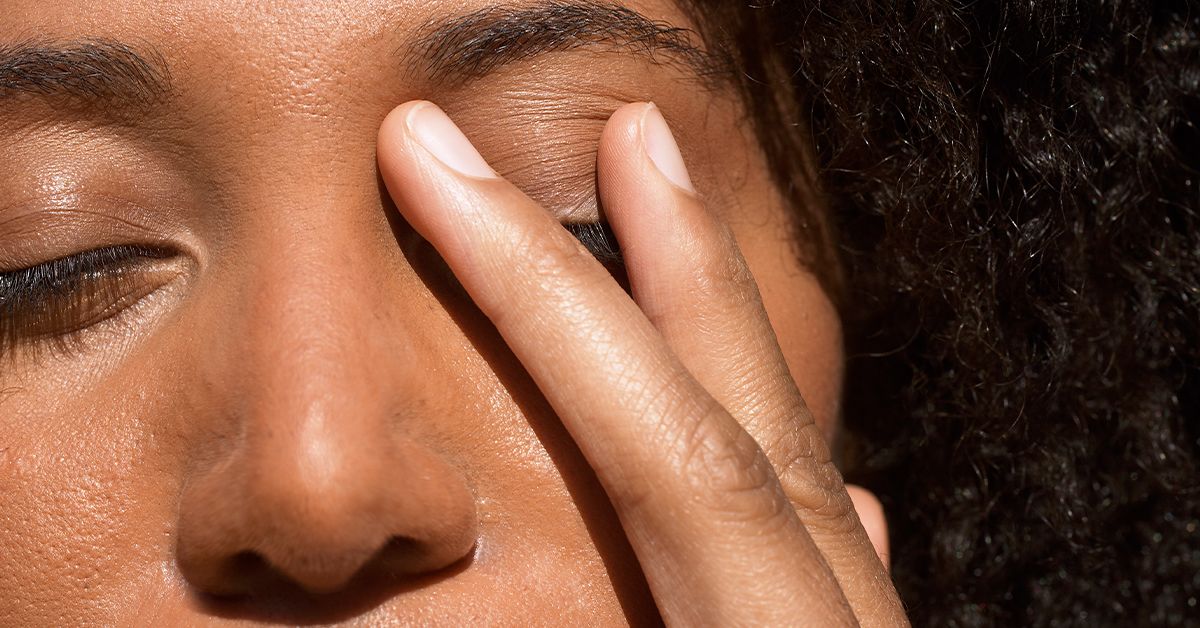All Categories
Featured
Table of Contents

Normal eye examinations are essential for keeping good vision and detecting possible eye health concerns early. However, the regularity of these examinations can differ dramatically based on a person's age, way of life, and general health. Understanding the advised routine for eye exams can help guarantee that individuals of every ages obtain proper care and surveillance for their eye wellness.
Infants and Toddlers (0-2 Years)
For infants and kids, eye tests are critical for finding any potential vision issues early. The American Academy of Ophthalmology recommends that a kid's initial eye examination need to take place at around six months of age. Throughout this initial see, the eye care professional will certainly assess the youngster's visual development and look for any type of evident eye issues.Following this initial exam, it is recommended that kids have an additional eye examination at age 3. This visit will concentrate on examining the youngster's total visual function, consisting of eye alignment and the ability to track things. If no concerns are detected, the following exam should be set up before the youngster begins school, typically around age five or 6.
School-Aged Kids (6-18 Years)
Routine eye examinations should be set up every one to two years when kids get to school age. Vision is crucial for learning and growth, and many colleges perform vision testings. These testings do not replace a thorough eye examination by an eye care professional.For kids associated with sports or tasks calling for significant aesthetic focus, annual eye tests may be recommended. Furthermore, if a child shows indications of vision troubles-- such as problem reading, squinting, or constant frustrations-- a visit to the eye medical professional should be scheduled asap.
Youthful Grownups (19-39 Years)
Young person generally have fewer vision modifications than older age, yet normal eye exams stay crucial. The basic recommendation is to arrange an eye exam every 2 years throughout this duration. Nevertheless, people with certain risk aspects-- such as a family history of eye illness, diabetic issues, or those who wear call lenses-- must think about annual eye tests.Additionally, those that spend considerable time on digital gadgets might experience electronic eye strain. If symptoms such as dry skin, exhaustion, or obscured vision happen, it might be a good idea to see an eye treatment expert earlier.
Adults (40-64 Years)
Adults aged 40 to 64 ought to arrange eye examinations every one to 2 years. Eye exams can likewise aid discover various other usual age-related problems such as glaucoma, cataracts, and macular deterioration.If individuals in this age have danger elements like high blood stress or diabetes mellitus, they may call for even more frequent exams to monitor their eye wellness closely.
Senior Citizens (65 Years and Older)
For senior citizens, routine eye exams end up being even extra vital. The American Optometric Association suggests that people aged 65 and older have an eye examination at the very least as soon as a year.Final thought.
Recognizing the appropriate timetable for eye tests based on age is vital for preserving optimum eye health throughout life. From infants to seniors, routine eye examinations play a crucial duty in discovering issues early and ensuring that vision stays sharp. By adhering to these guidelines and speaking with an eye care expert, people can take positive actions toward maintaining their vision and overall health and wellness. Whether it's a child's initial browse through or an elderly's yearly exam, focusing on eye care is a financial investment in long-lasting health.Table of Contents
Latest Posts
The Importance of Regular Eye Exams Across Various Age Teams
Published Nov 24, 24
0 min read
Just How Do I Pick the Right Sort Of Fence for My Residential Property?
Published Nov 24, 24
0 min read
Important Preventative Upkeep Solutions for Automobile Owners
Published Nov 23, 24
0 min read
More
Latest Posts
The Importance of Regular Eye Exams Across Various Age Teams
Published Nov 24, 24
0 min read
Just How Do I Pick the Right Sort Of Fence for My Residential Property?
Published Nov 24, 24
0 min read
Important Preventative Upkeep Solutions for Automobile Owners
Published Nov 23, 24
0 min read